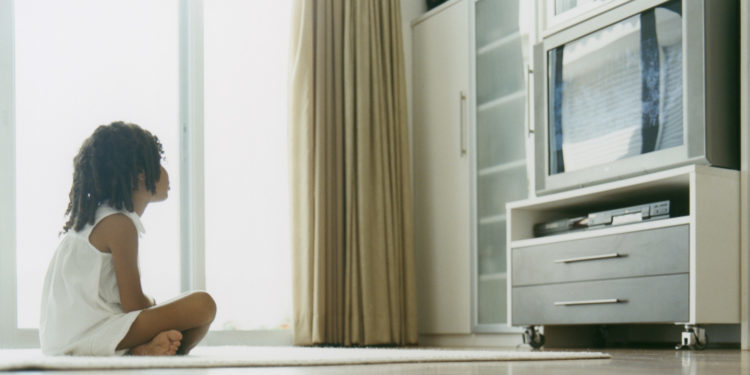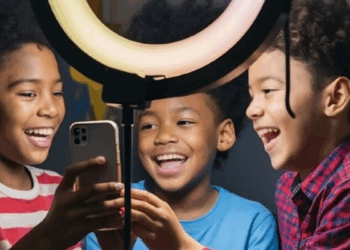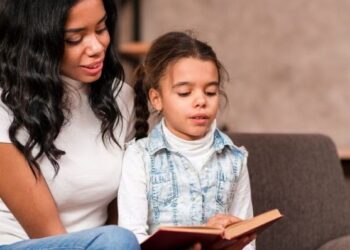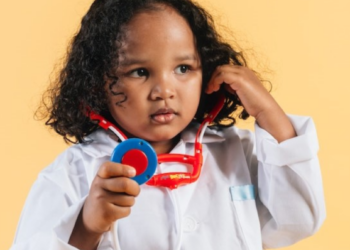From hurricanes to tornadoes, to earthquakes, and beyond, with the onslaught of natural disasters, many families around the world are faced with life-changing events. Children within the natural disasters path and those who are watching it all unfold on television or Social Media are all faced with the trauma of natural disasters.
With the recent havoc of Hurricane Florence, parents are faced with questions about it and other recent natural events. Below are five suggestions from the experts about how to talk to children about natural disasters. Even though the advice is geared towards children affected directly, the advice can also help others that are watching the disasters unfold.
Remain Calm
“Little kids have big ears, and if the parents are talking about roofs blowing off or trees smashing into houses, they hear that stuff and worry about it.” Gene Beresin, executive director, Clay Center for Young Healthy Minds-HuffPost
Be mindful of conversations and know that your children are listening. Children follow their parents’ vibes. If you are out of sorts, they will be also. Keep calm and be reassuring. Let them know and show them that they are safe with you.
Limit Media Exposure
“Under these circumstances, adults and older children have a tendency to stay glued to the TV or radio. But that’s not really helpful for young kids because they don’t understand everything, and it just becomes overwhelming. Steven Berkowitz, co-chair of disaster and trauma issues at the American Academy of Child and Adolescent Psychiatry-HuffPost
Be mindful of what you are watching and picking up from television and Social Media. Limit exposure to news coverage of disasters because for some children, all they are seeing is doom and gloom. Turning off the television can calm fears for children about what is happening around them.
Find out what your children already know
“Don’t assume you know what your child is thinking about and what their concerns are. There’s always a tendency for parents to over-explain or bring in information that is at a higher level than the child is at, so try to understand what exactly the child’s questions are really about in terms of their own thinking and feelings.” Allan Chrisman, a Duke University associate professor emeritus of psychiatry and behavioral sciences and AACAP disaster and trauma program co-chair-HuffPost
Talk to your children and find out what they already know about what is going on. Ask questions that encourage discussion such as How are you feeling? What have you seen or heard on television or on Social Media? Are you worried? What are you worried about?
Start a conversation and make sure that you answer the same questions as well.
Be Honest
“Kids are reassured by honesty and calmness.” Gene Beresin, executive director, Clay Center for Young Healthy Minds-HuffPost
It is definitely important to keep children calm and keep conversations age-appropriate; however, it is also important to be honest. Don’t make false promises but let them know that if something bad happens, together as a family, you all will get through.







